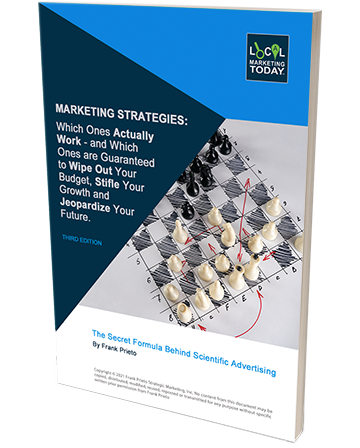
Social Media Marketing has matured into a powerful advertising medium that allows you to reach your target audience with incredible accuracy at a reasonable cost. I’m referring in particular to the demographic data accessible in Facebook that gives you the capability to hone in on consumers who are more likely to buy from you.
In the earlier days of Facebook, many business owners were excited about growing their Facebook fan base because they could reach those consumers without paying for ads. But as the network grew and became a public company, it’s advertising platform has matured into a robust pay per click advertising machine with incredible targeting opportunities.
What still hasn’t changed about Facebook is you can still get “word of mouth” advertising for free. The social media networks are a great source of referrals, especially when you incorporate it into your overall marketing strategy. It’s true that some businesses do better with the social media marketing, while others get better results using “keyword based” pay per click advertising as with Google and Bing ads. The trick is to figure out which ad platform works best for your business and keep optimizing it to improve conversions.
But be careful assuming you can’t make them both work together because you might be leaving money on the table. Maybe you can’t get as good an ROI on Facebook as you do on Google Ads, but that doesn’t mean you shouldn’t test a retargeting campaign on Facebook to further improve conversions from your Google paid traffic.
In a recent study on social media by the IBM Institute for Business Value, researchers found that companies have it all wrong about what consumers want in the social media space. They went on to say…
“We discovered significant gaps between what businesses think consumers care about and what consumers say they want from their social media interactions with companies. In exchange for their time, endorsement and personal data, consumers expect something tangible. But businesses rank getting discounts and purchasing as the least likely reasons consumers interact with them.
Consumers are willing to interact with businesses if they believe it is to their benefit, feel they can trust the company and decide social media is the right channel to use to get the value they seek. That value could be in the form of a coupon or specific information. Engaging with a company via social media may result in a feeling of connectedness for consumers – an emotional, intangible gain – but the wish for intimacy is not what drives most of them.“


